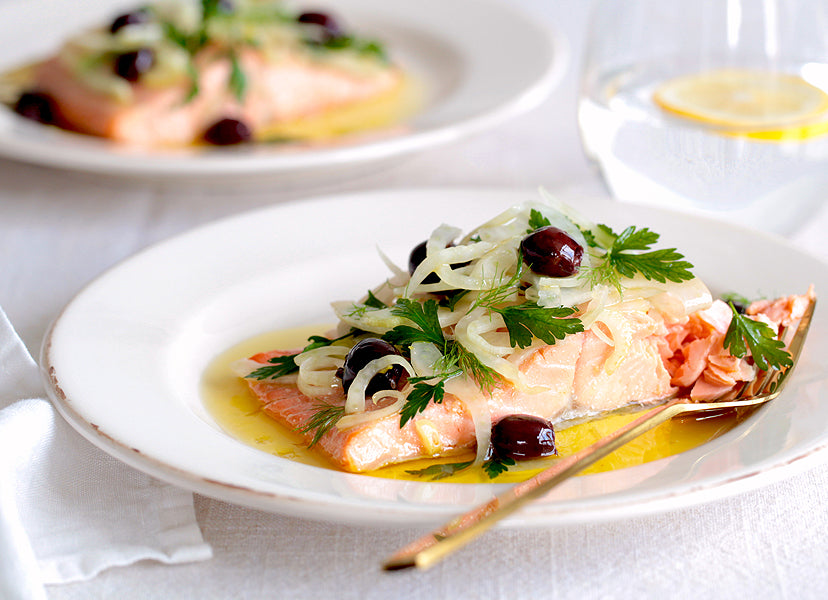August 5, 2014

Jerez de la Frontera: home to our traditional sherry vinegar maker. Capirete is also the maker of our very appreciated Romulo. They are a company of just 6, all family, headed by the oldest proud brother Pedro Paez Lobato, who 'rear' rather than produce their liquid gold. The first evening we headed down to one of the quite attractive squares as the pleasant guy on the front desk at our hotel had drawn a large circle around that area. It was Sunday, well before the normal local eating time of around 10pm, so not a lot seemed open.
We hadn't yet got our bearings and although uninspired by the look of the selection of watering holes, we chose one anyway, sat down and ordered a bottle of Vino Tinto, and some food. Don't do this. In fact really, first rule of thumb for a traveller in a place you don't know is to walk to the local square and then turn either left or right - as we found in the following couple of days. Stay there, sit down and you will find mediocre food and wine at escalated prices. Silly us, but we were tired.
Jerez is a town known for its Sherry wine, flamenco, bullfighting - bulls are run through the streets here whilst its citizens watch from specially erected royal red stands - and for us - its Sherry vinegar. Though nowadays only a handful of traditional makers still exist.
The Capirete family is one of these and their tiny family business has been in operation since the 1930s. Originally in the Sherry wine business, they made the change to vinegar as the sherry industry declined. Apparently the town used to be full of bodegas - but no longer - and there is the feeling of past glory there.
Pedro, known as Paco, collected us and drove us to the original site where they have an office and some barrels to meet his youngest brother Javier, whilst a rather mad little cat called Francesco danced around us (pussycat flamenco!). We then headed further out of town to the current bodega where his grandfather still lives, and where the bottling is done, to meet the rest of the family who work there and to educate us about his lovely vinegar.
Ironically most of their vinegar is sold offshore, and you are more likely to see industrial balsamic used in most Spanish cities we visit. It's a shame this heritage has not yet been embraced by their own countrymen, as a good quality Sherry vinegar is a great ingredient. This obviously has to change as the Spanish are a people who take great pride in their traditions. They just need to rediscover this.

This family is very proud of what they make, referring to it in the feminine form and speaking of rearing it. It is made in the Solera system, starting in the Criadera barrels then progressing to the Solera barrels as it ages and in their case either from the Palomino or Pedro Ximinez grapes all grown within a designated region.
We were taken through a tasting of ages as Paco with more than a little skill and a flourish, used a small cup on a long flexible handle to take vinegar out of the barrels and deliver it to our glasses without spilling it. Yes, there is a method to tasting vinegar - Phil had a better technique than myself, so my form was frequently corrected by Paco. It was a fascinating tasting.

Capirete prefer to use American oak which they regard as the best and to use barrels which have been used for Oloroso or Amontillado Sherry wine as they say that seasoning gives a richer more complex end result. We agree. Their delicious Pedro Ximinez vinegar is made from a secret recipe which distinguishes it from others and Paco is very proud of it. As recognition of our long association with them - some 18 years - he led us into one of the rooms and there was one of their precious barrels emblazoned with a dedication to Sabato. What a nice thing to do! With some ceremony I signed it on our behalf and we took the accompanying photos.

When he was happy we had learned our lessons, he took us to a local stand alone restaurant seemingly in the middle of nowhere for lunch where we ate, amongst other things, deep fried fresh boquerons spritzed with Sherry vinegar - and a rather good gazpacho whose quality obviously rested on it as really, according to them, it was too early for the tomatoes to be used to make this national soup yet. Our thanks to this lovely family for this delicious liquid.




